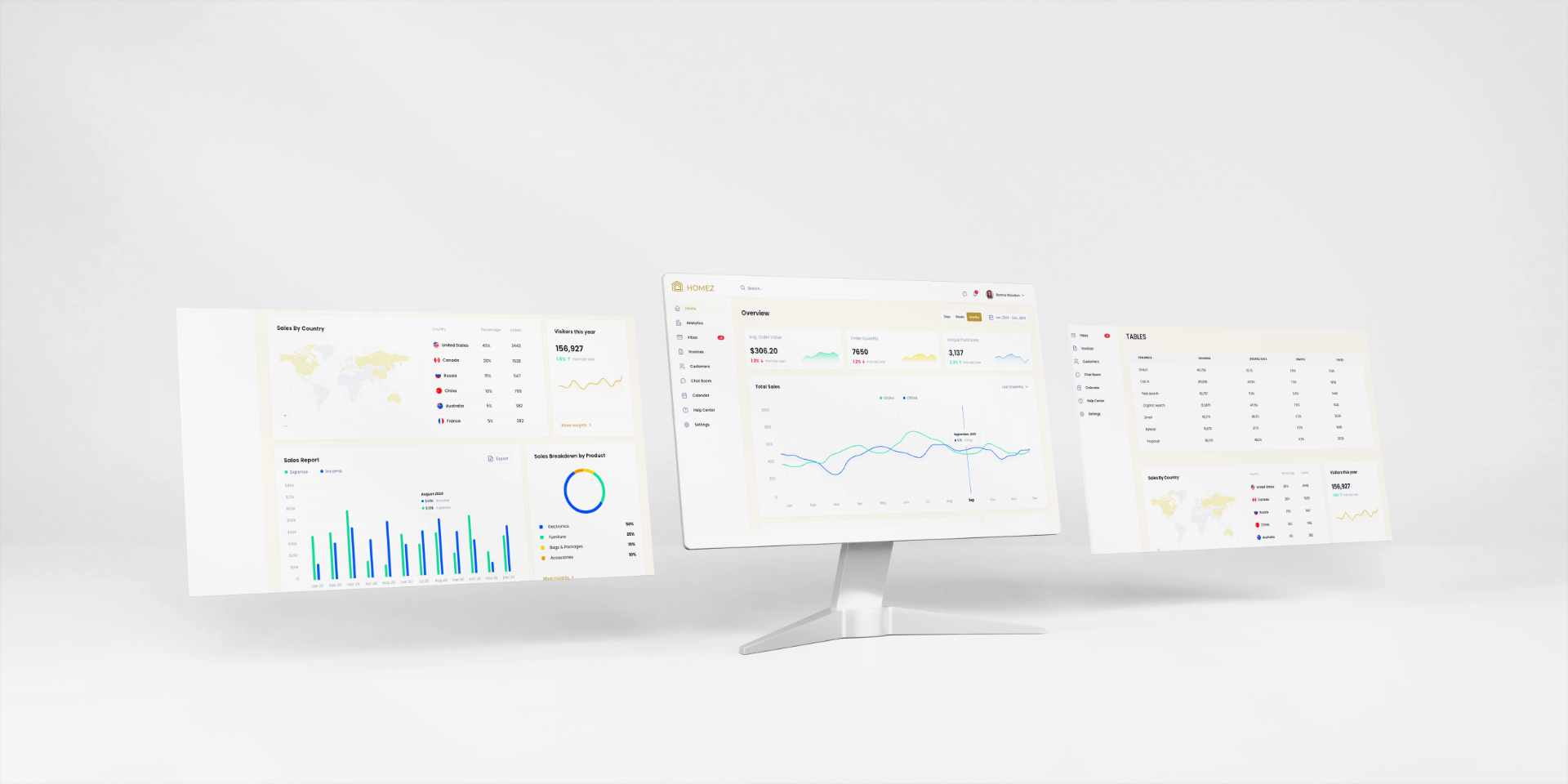Case study
Cloud-Based Platform for the Construction Industry

Highlights
- The CRM helps businesses streamline workflows, improve calendar management and centralize the jobs schedule by automating manual processes.
- Managers can assign jobs to selected crew members, monitor work updates, supervise costs/ project, and track the status of a specific job.
- Intuitive and easy to use on all devices (desktop, tablet, and mobile).
Technologies:
.NET, Angular, MS SQL, PowerBI, Kendo UI, Bootstrap
Services:Business Analysis, Software Development, Software Testing, Project Management, UI/UX, DBA, IT Support
28
Team Size4 Years
DurationConstruction
Industry
Client Benefits
Agile
The agile principles driving the way the engineers at Fortech work allow the team to shift focus based on the client’s business goals.
Know-How
The core team that developed the MVP is still part of the project, thus ensuring stability and full knowledge of the product's progress.